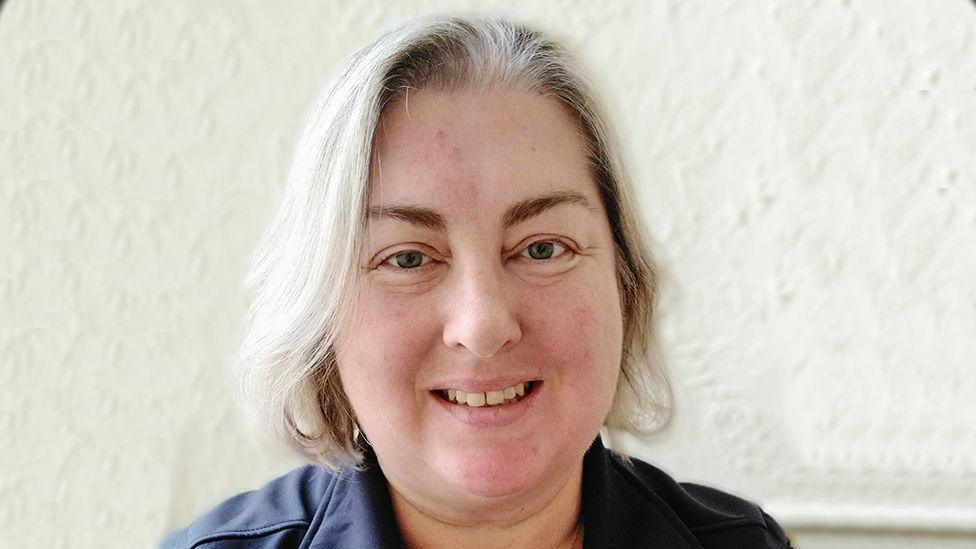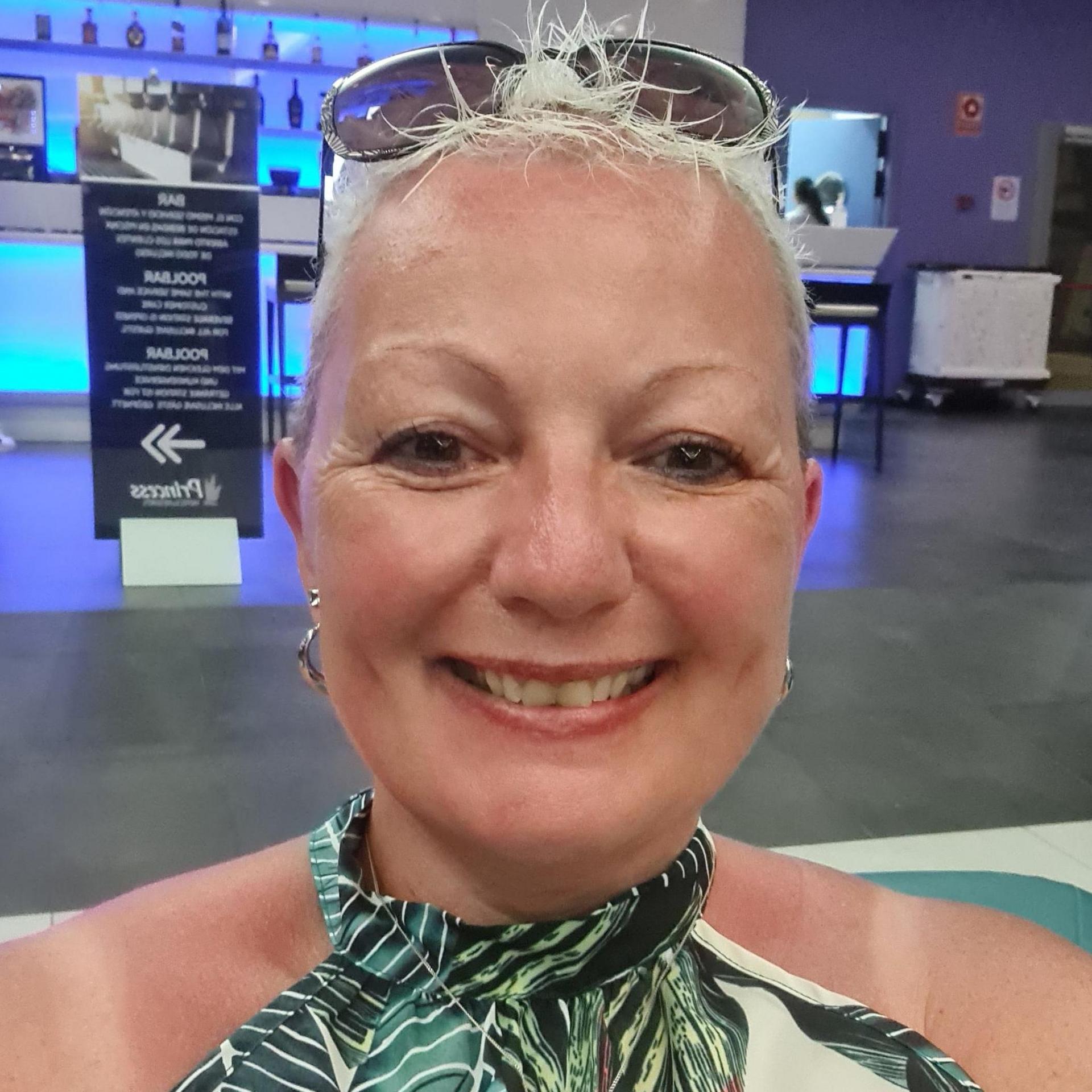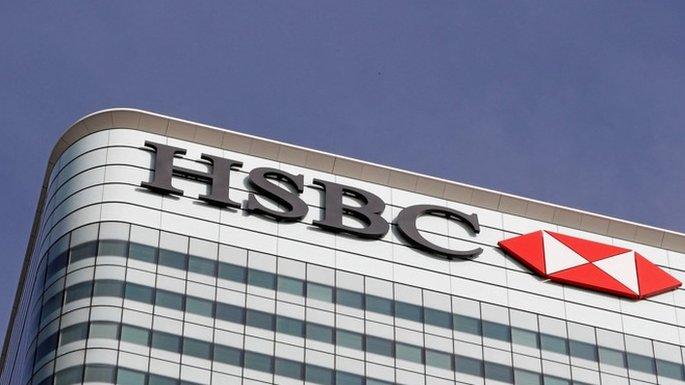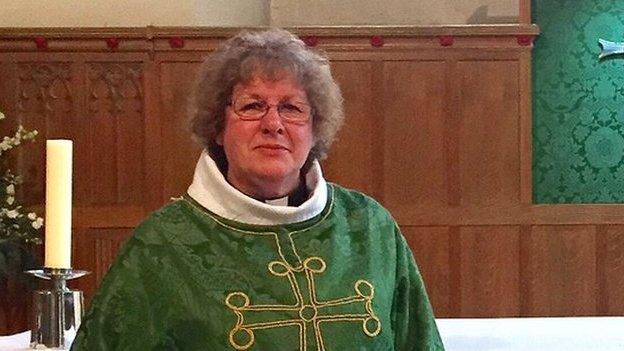Charity boss uses own cash after bank account shut

Caroline Howsley runs the Cumbria Deaf Association
- Published
Charity bosses say they had to put in £43,000 of their own money to keep their organisation afloat after its bank account was closed.
The Cumbria Deaf Association's account was shut by Barclays in October amid a dispute over missing and incomplete paperwork.
Chief executive Caroline Howsley said lending £38,000, alongside £5,000 from the chairman, was a "big gamble".
Barclays Bank said it closed the account as a "last resort" when information it needed to meet its regulatory obligations was not provided.
Mrs Howsley said she knew the Kendal charity well enough to feel lending the money was safe but still had "moments of stark, cold reality" when she worried if she was going to get it back.
Barclays said its responsibility to prevent financial crime meant it needed up-to-date paperwork.
The bank and the charity disagree over whether the relevant forms were received and completed correctly but, missing the information it needed, the bank closed the account in October.
“We work hard to avoid the last resort of account closure," a bank spokesperson said.
"While there was no bank error, we offered to reopen the account to allow more time for the information requested to be provided.”
'Really stressful'
A number of charities complain their accounts have been closed and they cannot open a new one.
In some cases, delays in the process of filing financial records with the Charity Commission have caused disparities that bank compliance checks have then flagged as suspicious, leading to account closure.
In others, administration costs or the regulatory compliance burden make banks reluctant to offer services.
The Furness Education and Skills Partnership (FESP) lost its account when the Cumberland Building Society stopped offering charity accounts last year.
FESP was then rejected by another two banks before it secured an account with the Co-op.
Volunteer treasurer Janet Dixon said the process took months.
"It was really stressful because I was turning up to board meetings and they were saying 'where are you with the account' and I was saying 'we haven't really got anywhere'," she said.
"It made me feel inefficient."
Cumberland Building Society said the banking regulator's requirements had become more stringent, meaning it could only provide accounts to charities meeting a "specified criteria".
"We have also had to stop opening new charity accounts as we work through meeting these regulatory requirements in an effective and efficient way," a spokesperson said.

Kerryanne Wilde said solving the banking problem took time away from the charity's work
The Community Emergency Response Team, which was set up in Cumbria in the wake of Storm Desmond, said its account was closed by Barclays with no warning, leaving it unable to deposit cash or cheques.
Director Kerryanne Wilde said trying to solve the problem took time away from the charity's work.
"It's hours spent that we could be supporting those who are vulnerable within the community that we should be helping," she said.
Barclays said it only took action after requesting up-to-date information via a number of channels and not receiving it.
"It is very important that account holders respond to these requests from their bank," a spokesperson said.
"On this occasion, as a gesture of goodwill, we will be offering the customer the opportunity to reopen the account.”
The National Council for Voluntary Organisations carried out a survey of more than 1,200 organisations in 2022 and found issues with banking were widespread.
Policy and insight manager Sam Mercadante said banking was "one of the biggest day-to-day challenges" facing charities.
"This is absolutely not a unique experience, unfortunately," she said.
Follow BBC Cumbria on X (formerly Twitter), external, Facebook, external and Instagram, external. Send your story ideas to northeastandcumbria@bbc.co.uk.
More stories from BBC North East and Cumbria
- Published28 April 2023

- Published22 February 2017
